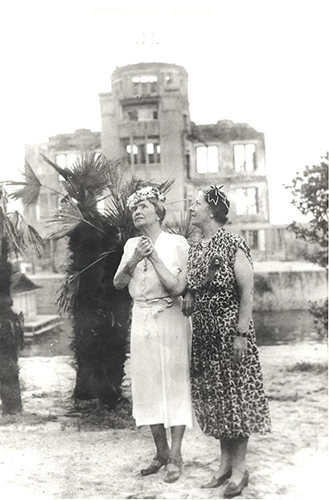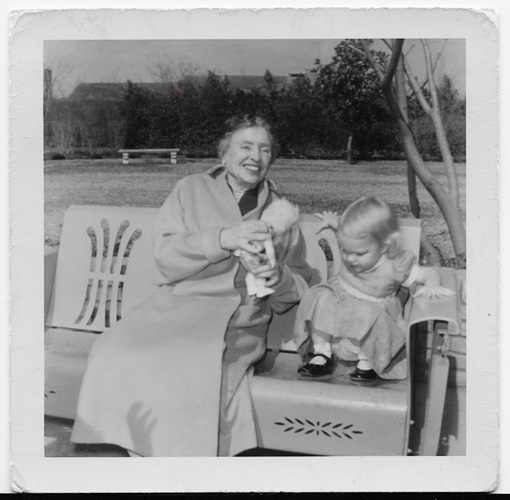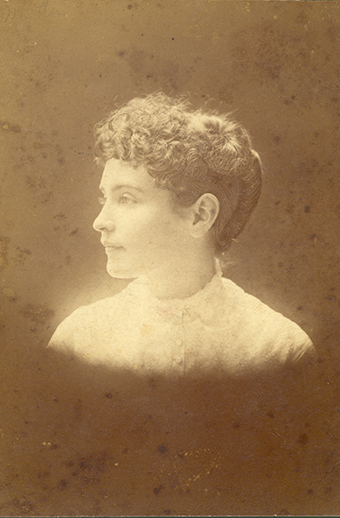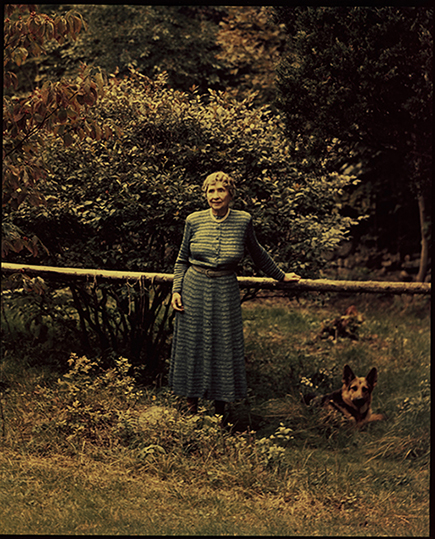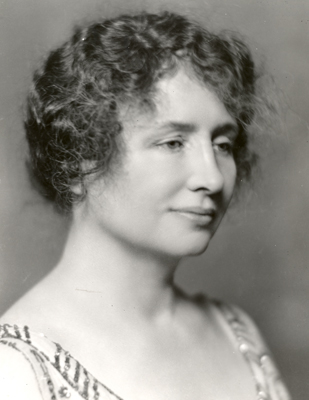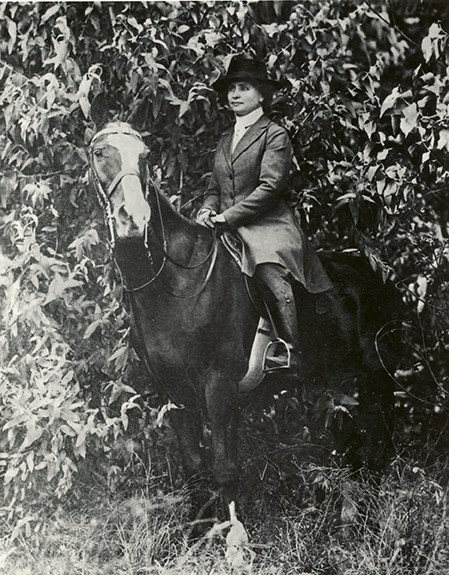Today, Monday June 27th, 2016—is Helen Keller’s 136th birthday. What better way to celebrate her legacy than by focusing our attention on the Helen Keller Digitization Project? As the result of a grant awarded in May 2015 by the National Endowment for the Humanities, the American Foundation for the Blind (AFB) began the task of capturing 80,000 items in the Helen Keller Archival Collection.
Helen Keller worked for the American Foundation for the Blind for more than 40 years. She was born in Tuscumbia, Alabama, on June 27, 1880, and became deaf and blind at 19 months. Few could have imagined the leading role she would go on to play in many of the significant political, social, and cultural movements of the 20th century. Until her passing in 1968, she worked unceasingly to improve the lives of people with disabilities. As caretakers of Helen Keller's archival collection and legacy, we are honored to share her history with you. Learn more about Helen Keller by exploring her letters, speeches, artifacts, and photographs in the Helen Keller Archive.
Dear Annie,
Happy birthday! Today, we celebrate your legacy and excellence as an educator. You insisted that your student, Helen Keller, could learn and accomplish just as much as any seeing and hearing child could — and you were right.
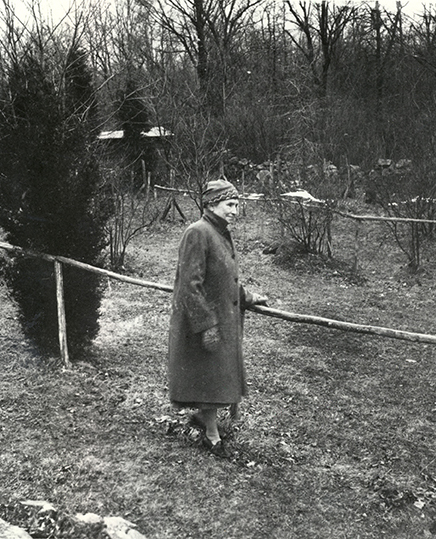
As holidays and spring time approach it is a good time to reflect on Helen Keller’s love of nature and its possibilities for transformation and renewal. In September 1940 — a year after she and her companion Polly Thomson moved into their new home in Westport, CT — Keller wrote to her close friend "Uncle Walter." Here is an excerpt from that letter:
Two hundred and seven years ago, on January 4th, 1809, Louis Braille was born in Coupvray, France. His invention of a system of raised dots representing letters, numbers and punctuation revolutionized the way blind people read and write and opened a wealth of knowledge to visually impaired audiences. In 1952, one hundred years after his death, Braille's body — with the exception of his hands — was removed from his home town to the Pantheon in Paris. Helen Keller was asked to give the speech on that occasion.
Enjoy the only known recording of Anne Sullivan Macy’s voice. Here Annie explains how she taught Helen to speak. This is one of a handful of clips recently re-mastered and digitized, and is part of the American Foundation for the Blind’s (AFB) big push to digitize Helen Keller’s entire archival collection and make it fully accessible to both blind and hearing impaired audiences:
Happy Holidays from AFB!
Below is an excerpt from Helen Keller’s essay Three Days to See. Enjoy her beautiful and wise words.
...Sometimes I have thought it would be an excellent rule to live each day as if we should die to-morrow. Such an attitude would emphasize sharply the values of life. We should live each day with gentleness, a vigor, and a keenness of appreciation which are often lost when times stretches before us in the constant panorama of more days and months and years to come…
The American Foundation for the Blind is delighted to share this movie clip of Helen Keller in her home in Westport, Connecticut. Filmed in the 1950s, it beautifully captures Helen’s instinctive appreciation of the world around her and her wholehearted joy of living. This is one of 10 clips that will be uploaded to the newly digitized Helen Keller Archival Collection.
